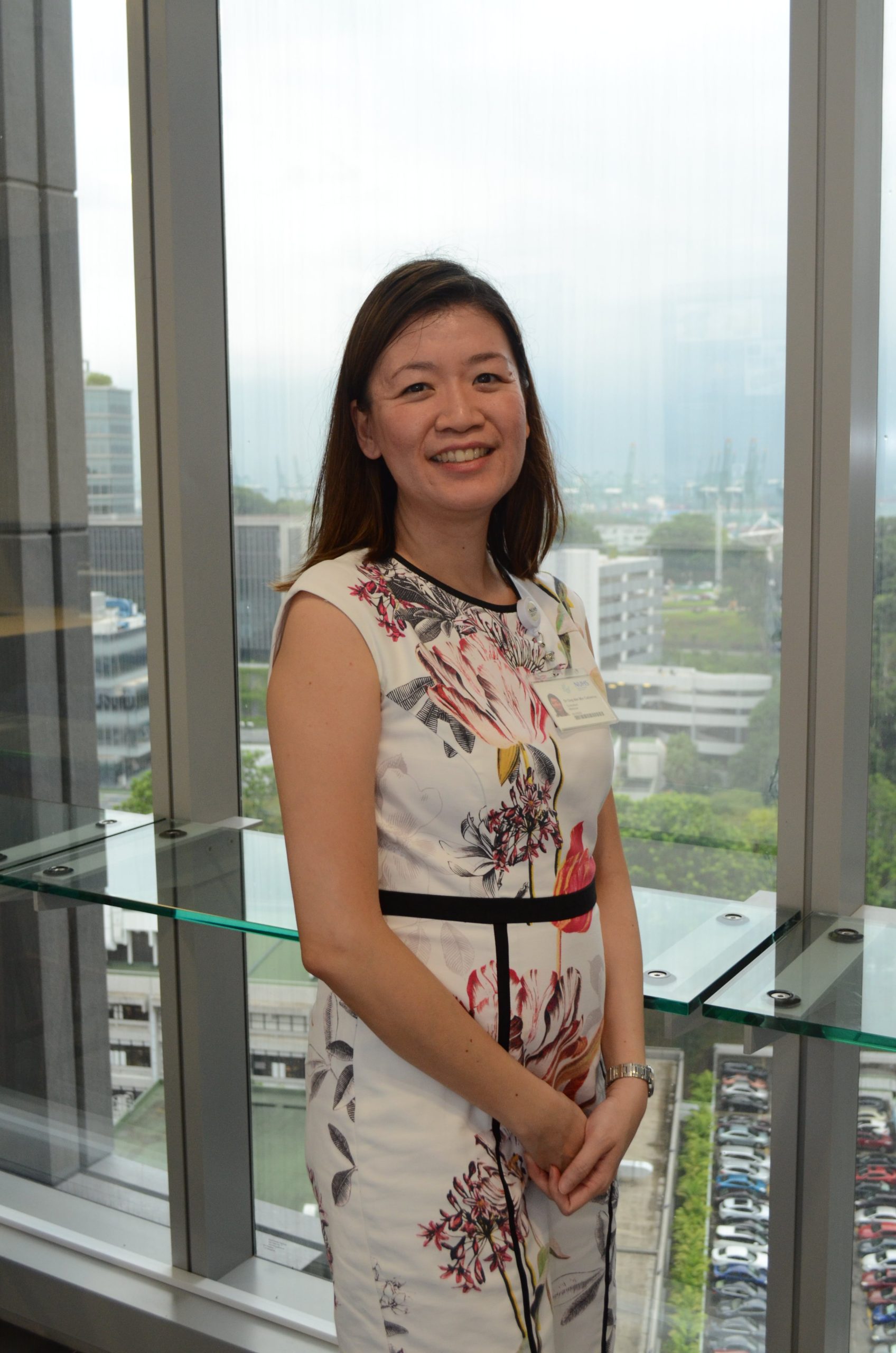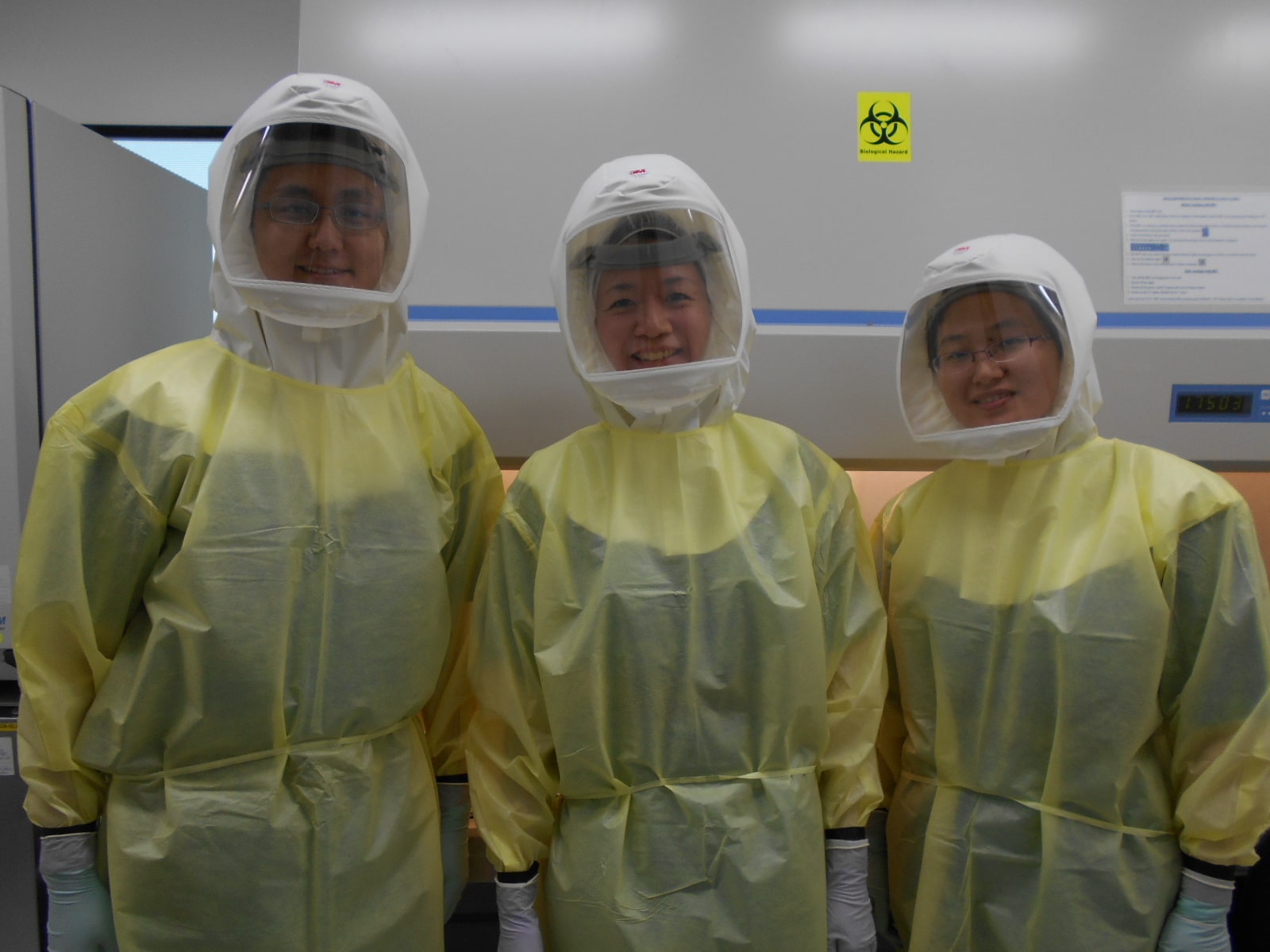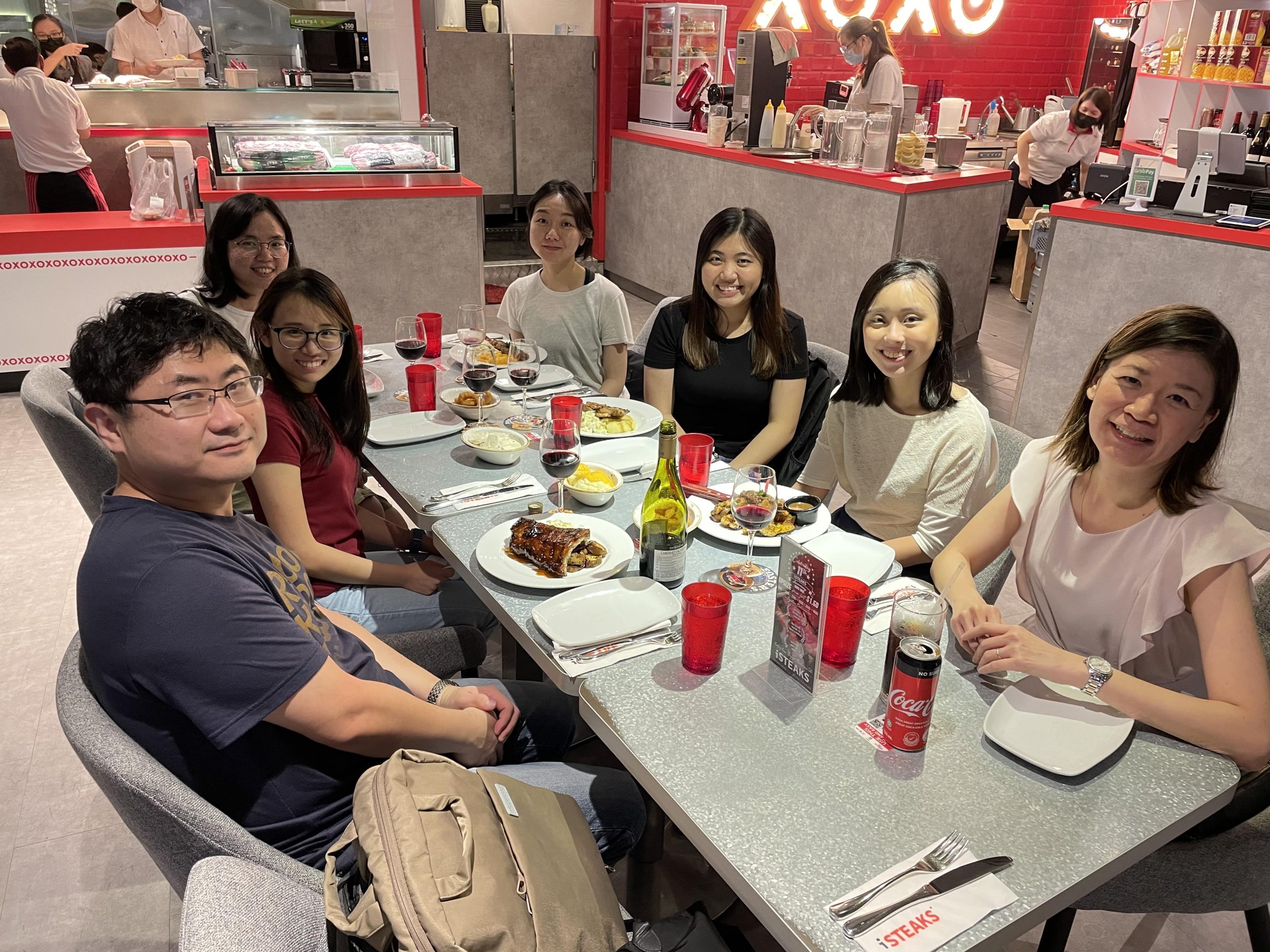The planting of the seed
Graduating from medical school during SARS in 2003 naturally piqued my interest in Infectious Diseases (ID). As a fresh graduate, ID physicians were like crime investigators who can piece together bits of information to come up with diagnoses that often elude junior doctors. Tuberculosis (TB) was an infection that particularly intrigued me as an ID Registrar, as this in an infection that can affect all organs in the human body, and tended to afflict the less-privileged in society. However, I never did aspire to be an academic until very much later in my clinical training, and it was rather circumstantial.
My interest in research started during ID training, when the then NUH Head of ID Professor Paul Tambyah ensured all Registrars had one week per month for research. So, during those precious weeks, in addition to following up patients I had accumulated from ID referrals, I would be writing up case-reports, case-series, etc., while interacting with visiting overseas experts such as Professor Trish Perl from John Hopkins. There were a few highs during those times, including an NEJM letter and a Lancet ID publication. As registrars, we were highly encouraged to present our research in overseas conferences, which I thoroughly enjoyed while learning from various experts the latest cutting-edge knowledge in clinical infectious diseases.
So when my other half had to move to London for graduate medical school for 4 years (plus one for housemanship), I naturally decided I’d have to pursue a course in the UK for that same period. Coincidentally, I knew one British ID Registrar who was in Singapore for an attachment and by then was completing a PhD on TB at Imperial College, London, and I linked up with his supervisor Professor Jon Friedland. Jon convinced me to do a PhD on translational research in TB, although I had initial reservations given that I had zero laboratory experience. At that time, NMRC had launched the NRF-MOH Healthcare Scholarships for overseas PhD, which I applied during my second year of ID training. I didn’t think the Interviewers were exactly impressed by my lack of laboratory skills, and their request was that I should attach myself to a lab for a month to experience what it was like first before they decide whether I was worth their investment. Thankfully, Jon readily agreed for me to be attached to his lab in November 2008, which was the first time I held a pipette and purified neutrophils from my own blood with success. In Jon’s own words, if one can cook, one can do lab experiments. I never looked back since, and loved life as a clinician-scientist.


Juggling motherhood and a research career
During my PhD, I was conferred the International Investigator Award by the Infectious Diseases Society of America, a Presidential Award by the American Society for Leukocyte Biology, and the Global Health Travel Award from the Bill and Melinda Gates Foundation among 8 awards, and 12 oral/poster presentations. It was a big change but I thoroughly enjoyed life as a full-time PhD student in the lab where time was dictated by a handheld timer, rather than crash calls from unstable patients. I had my first child in 2010 during my PhD, which delayed conferment of the degree by 4 months. However, the supportive work environment enabled me to work in the BSL3 during pregnancy and be first author in all my PhD publications in PLOS Pathog, J Neuroinfl, BMJ and a review in the AJRCCM. My PhD spun off two more projects, one on hypoxia in neutrophils published in Sci Rep and another on CNS-TB and the blood-brain-barrier in Sci Rep, which I am co-author. After returning to Singapore and exiting as an ID specialist in 2014, I was awarded the Exxon-Mobil NUS Research Fellowship 2014, the NUHS Clinician Scientist Programme in 2014 and 2015. I was conferred the NMRC Transition Award in December 2015, the NMRC Clinician Scientist Award in 2018 and the Institut-Merieux Young Investigator Award 2018. While these kept me going, the first 2−3 years after PhD was a steep curve, where majority of things were done by myself, setting up my lab while juggling clinical duties and family. However, perseverance does pay, and after all “Genius is 1% inspiration, 99% perspiration”.
I joined the National University of Singapore in 2017 as an Academic ID Physician on the Clinician-Scientist Tenure Track. My research interests are in TB host-directed therapies, biomarker discovery and TB host-pathogen interactions. My laboratory, which has both BSL2 and BSL3 sections, utilises cellular, animal models and human cohorts to study TB. Currently, I am Main Supervisor to five NUS PhD students, mentor to five past and present post-docs, and three junior clinician-scientists. Among my other portfolios, I am Vice-President of Society of Infectious Disease (Singapore), Secretary to Chapter of Infectious Disease, Treasurer to College of Clinician Scientists in Academy of Medicine, and Associate Editor of two ID journals. During this time, I had my second and third child in 2015 and 2019 respectively, which delayed career progression to a certain extent, but also gave me the perspective of a working parent, and the challenges my employees and students who have families may face. Being a mother of three children aged 11, 6 and 2 years also made me realise that graduate students are rather similar to one’s children where one watches their growth, worries for them at critical junctures, and celebrates with them their successes. As well as leading my research, I see the importance of being a role model to clinical academics, showing that it is possible to balance clinical service, administration, teaching undergraduates and post-graduates, a family and translational research, while still deliver globally impactful results.
Rewards of an Academic Career
Life as an Academic Clinician is indeed a vocation. One would need stamina and perseverance to ensure projects are seen through. As an example, my lab took 7 years to complete a Phase 2 TB trial with a translational component which was published in the Journal of Clinical Investigation. So while there are the occasional quick gains, more often it is a marathon that one has to pace oneself. For those who like research, teaching and clinical care, do consider a career in Academic medicine. While it can be tough facing grant and journal article rejections and trying again, there are peaks of fulfillment in advising one’s students in their research journey and seeing them finally succeed. Lastly, one’s research would impact patient clinical care globally and witnessing the adoption into clinical practice is as sweet as it gets.


